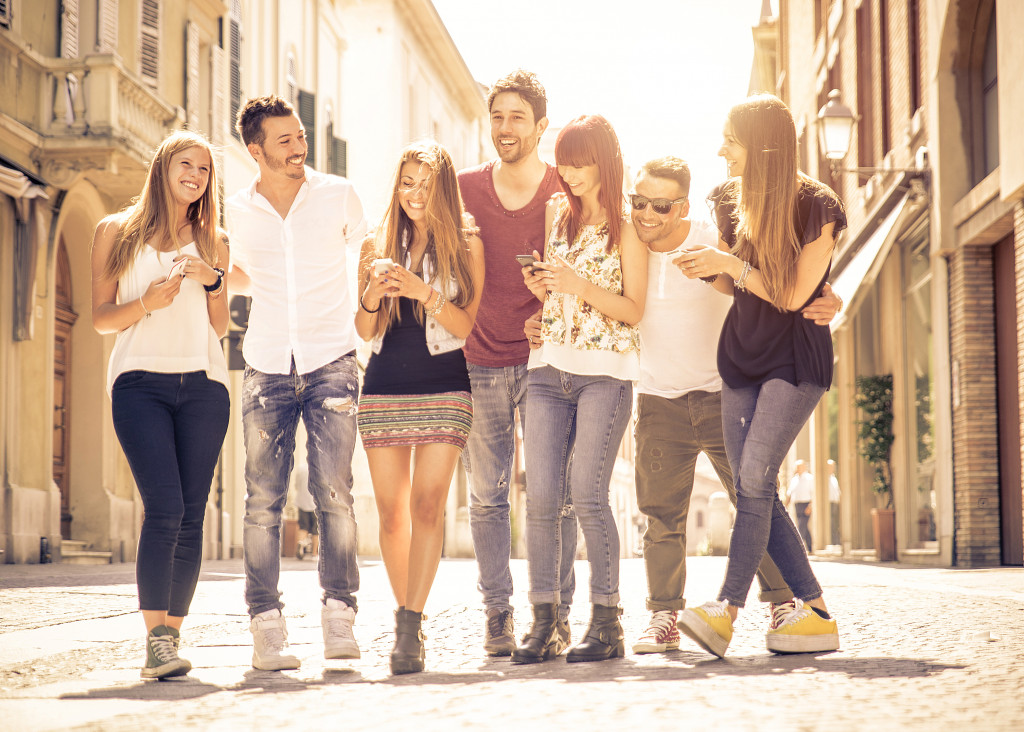No two ways about it: COVID-19 is hell. It has claimed the lives of over 200,000 Americans. It has also plunged the world into the worst recession in nearly a century. It has also forced the world into a new normal—one where the majority of the world’s workforce is working from home and where wearing masks is a symbol of global solidarity.
It has also affected the way we travel. The World Tourism Organization (UNWTO) reports that the COVID-19 pandemic has affected arrivals of international tourists, lessening them to a fraction of what they were a year ago. There are fewer flights, more layovers, and new bathroom rules.
If we want to remain healthy and to protect those who are vulnerable, we need to take all the safety precautions we can when we travel. Here are some tips and tricks to help shield yourself from COVID-19 while traveling.
Get your ducks in a row before leaving.
Before traveling, check if your destination has a lot of COVID-19 cases. The higher the number of their positive cases, the more chances of you getting infected and spreading it to your family and friends when you get home.
Consider having yourself checked as well. Just because you have no symptoms doesn’t mean you’re not carrying the virus. You can check your state or local health department’s website on how to get tested. Don’t be afraid to ask questions to the physician staffing about the disease and what measures you can take to protect yourself.
Anticipate your travel needs.
- Keep a hand sanitizer with at least 75% alcohol or disinfecting wipes in your person at all times.
- Pack food and water in your carry-on in case restaurants are closed at the airport.
- Bring enough medicine to last your entire trip.
- If you’re traveling via plane, train, bus, or other public vehicles, wipe down your seat.
- Disinfect your luggage and carry-on as soon as you get to your hotel.
Check local restrictions and requirements and abide by them.
Rules vary from country to country and state to state, but some guidelines you may need to consider include:
- Does the country or state require tourists to quarantine for 14 days after arrival?
- Does the country or state require mandatory testing?
For up-to-the-minute information and guidance, check the state, local, territorial, and tribal health departments’ websites.
Practice minimal public health standards.
Chances are you’re already doing the most basic safety precautions in the time of corona.
- Wash your hands regularly with soap and water for no less than twenty seconds.
- Wear your masks in public.
- Keep a distance of no less than six feet away from others.
- Avoid touching your face.
- Spray alcohol on public toilets and wipe it down with a napkin before seating.
- Use alcohol-based hand sanitizers or disinfecting wipes after touching high-touch surfaces like doorknobs or metal bars. Wash your hands as soon as you gain access to soap and water.
Keep doing these things even when you travel to a country that has fewer cases. Remember that COVID-19 is an invisible enemy; you never know who may be asymptomatic carriers.
Consider take-out instead of on-site dining.

The Centers for Disease Control and Prevention (CDC) reports that the proximity and duration of our interaction with others affect our risk of being infected. There is a rule of thumb for COVID-19 infection. The longer the period of the exchange, the higher the risk of infection. Where the interaction takes place and the proximity of those interacting also inform the risk. An outdoor setting is considered less risky because we’re much less likely to inhale respiratory droplets that contain the virus.
So the lowest possible risk in a bar or restaurant setting includes drive-through, take-out, delivery, or a quick pick-up. Outdoor settings with a limited seating capacity to allow for a two-meter distance is a bit riskier but much less than indoor settings with seating capacity that doesn’t allow for social distancing.
Some nations are still on lockdown, while others have opened up a little more. Regardless of where you’re going, whether their restaurants are open for dining in, opt for take-out. Eating out indeed is one of the best parts of traveling, but for now, let’s be smart about our dining choices and activities.
Not a Loss of Freedom
Living amid the coronavirus pandemic may feel like we’re losing so much of our autonomy and freedom. But that’s not what it’s about at all. It’s about adjusting some of our behaviors to protect the most vulnerable among us. COVID-19 has robbed us of so much, but we don’t need to let it steal our joy in traveling, too.

